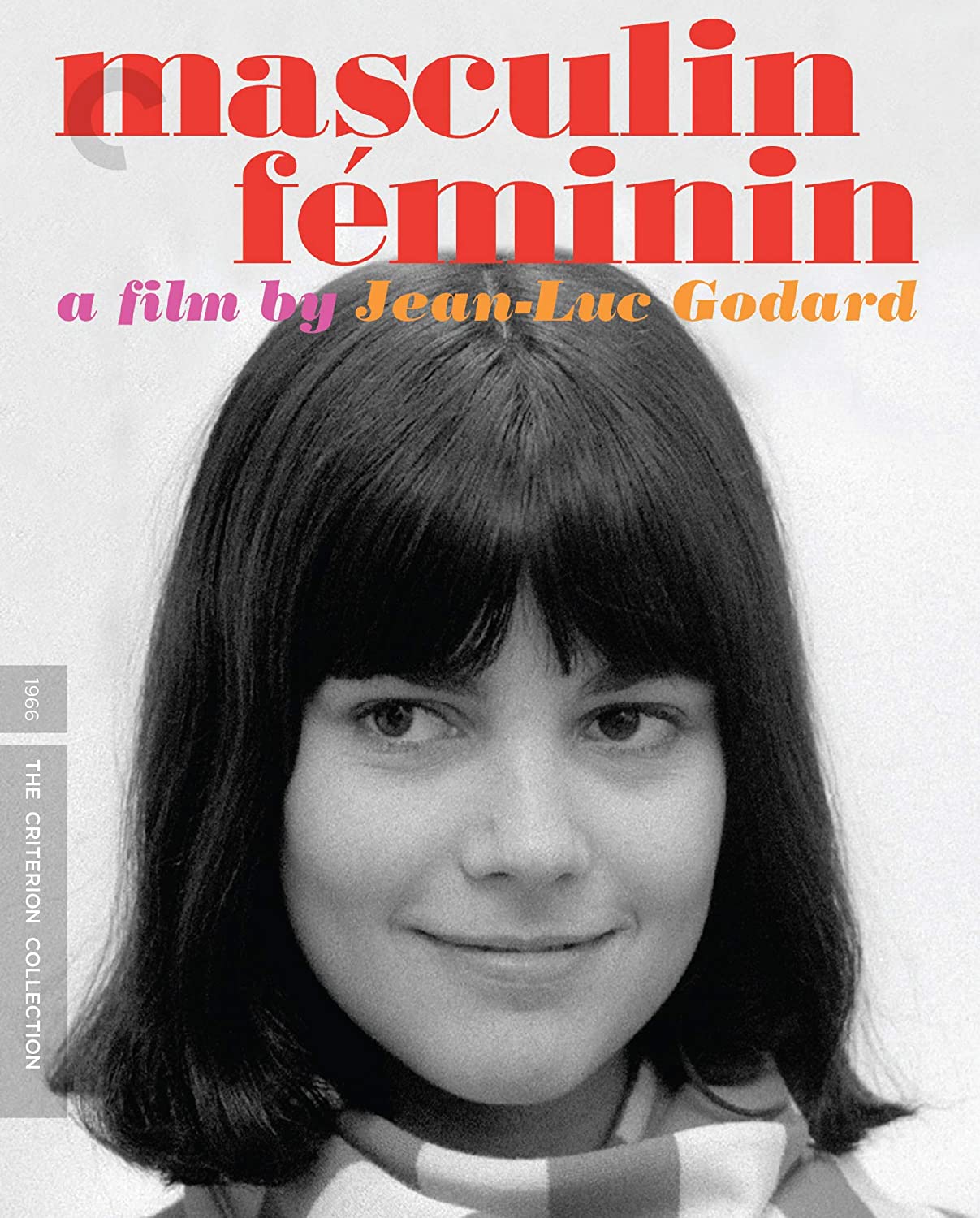I hate to get all personal when writing reviews, but when I was in film school in the early 2000’s I went through a French New Wave obsessive phase, especially the early films of Jean-Luc Godard. This mixed with the New York independents of the 80’s like Jim Jarmusch, Spike Lee, Hal Hartley, Frank Henenlotter, Jim Muro, Lloyd Kaufman, etc, made so much of my cinematic diet at the time that my films basically bled a mix of their influences. The last film I did at the time came at a point where I had just seen Godard’s Masculin Feminin, and I couldn’t help, but put its influence all over it.
NOW I DIGRESS.
In 1966, Godard concluded that the youth of the day were the children were those of “Marx and Coca-Cola”. It didn’t hurt that Godard at the time was a communist. Masculin Feminin, follows Jean-Pierre Leaud’s Paul as he returns home from his military service. He notices that French culture has seemingly turned toward American culture, and decides to push towards more reactionary things, and declares himself a communist. At the same time he falls hard for Madeleine played by Chantal Goya. She is an aspiring pop singer who is able to get Paul a job at the magazine she works at.
The pair soon become a couple, and their friend groups begin to intertwine. Paul becomes a passionate activist while the others just want to chill and live their lives. The film is shot in segments in a very simple style that allows you to just view the goings on with Paul, Madeleine, and the group. The film basically starts, and then… stops. When you watch it, it just kind of flows, and then and I find this happens with a lot of early Godard flashes keep coming back memories of his great cinema, but it happens a lot here because of how the film is structured.
Criterion presents Masculin Feminin on Blu-ray in a 1080p 1:33:1 transfer that looks very very good. Contrast is solid, detail is excellent, nothing to complain about here. Audio is presented in a HD French mono track that comes through crisp, clear, and without issue. Extras include archival interviews with Chantal Goya, plus the cast and crew, a discussion with film critics in regards to the film, and footage of Godard directing the film within the film.

